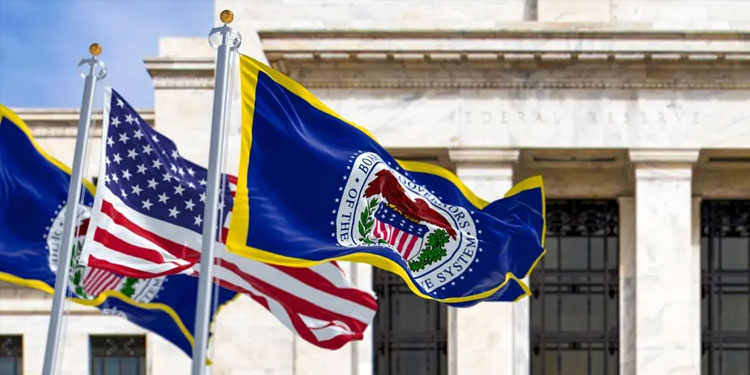
Beneath the surface of FedNow, there exists a centralization factor that warrants careful consideration. While it unquestionably offers the expedience and swiftness that everyone desires, it does so at the expense of complete transparency. In simpler terms, every transaction conducted on this network is subject to government oversight, thus raising concerns among privacy advocates and individuals who hold financial autonomy dear. This apprehension is not unfounded, as it seems to infringe upon the line between government control and the personal privacy of its citizens.
FedNow and CBDCs: Balancing Speed and Privacy
Now, we delve into the world of Central Bank Digital Currencies (CBDCs), hailed as the next evolutionary step in the domain of currency. These digital counterparts of a nation’s currency are issued directly by the government, akin to a digital dollar. However, instead of the anonymity and privacy associated with physical cash, CBDCs offer unceasing government supervision of one’s financial transactions.
The real peril accompanying CBDCs is the level of authority they grant to government entities. It is not an exaggeration to state that they have the potential to erode financial privacy as we know it. For a tangible example of this scenario, one need not look further than Brazil’s own CBDC.
In a rather alarming revelation, Pedro Magalhaes, a blockchain developer, took it upon himself to dissect the code underpinning Brazil’s CBDC. The outcome of his efforts sent shockwaves through the community of privacy advocates. It was discovered that the Brazilian government had embedded the ability to freeze bank accounts and manipulate their balances at its discretion, a concerning fact that has largely gone unreported.
Visualize a situation where the government possesses the capability to manually alter the funds in your bank account. Such a nightmarish prospect should send shivers down the spine of anyone who values their financial independence.
At first glance, this newfound power may be portrayed as a means to control inflation or make housing more accessible. It might even be promoted as a way to distribute free funds to the populace. However, the ultimate result remains consistent: a reduction in financial liberty for individuals and an increase in control vested in the hands of the government.
As contemporary artists with a profound understanding of archetypes and critical thinkers contemplate the repercussions of CBDCs and the centralized nature of systems like FedNow, a potentially Orwellian future becomes a vivid possibility. The allure of instantaneous transactions should not blind us to the stark reality of how much control might be ceded to governments.
The authority to monitor, adjust, and freeze bank accounts at will constitutes a significant responsibility that, if not handled with care, can easily be abused or lead to unintended consequences. It transcends the realm of mere financial convenience; it delves into the fundamental principles of privacy, autonomy, and the trust we place in our economic systems. The ongoing transformation, as traditional centralized finance (CeFi) metamorphoses into decentralized finance (DeFi), is evident with financial behemoths such as BlackRock securing an exchange-traded fund (ETF) to capitalize on Bitcoin within a tradable platform.
In conclusion, as we eagerly anticipate the future of currency, it is imperative to remain vigilant and well-informed. The convenience of digital currencies should not come at the cost of our freedoms. The world is evolving at a rapid pace, and the choices we make today will sculpt the financial landscape for generations to come. It falls upon contemporary artists, critical thinkers, and individuals like yourself to scrutinize and challenge systems that might encroach upon our liberties in the name of progress. For, after all, freedom should always be cherished, especially in matters as vital as our financial well-being.